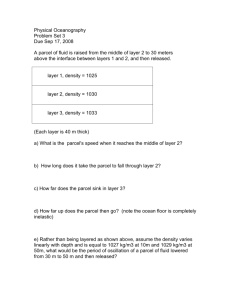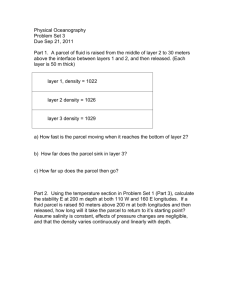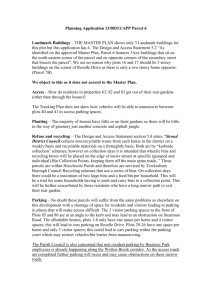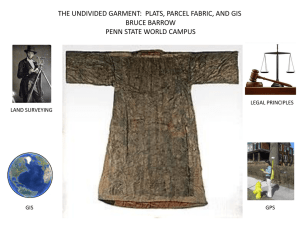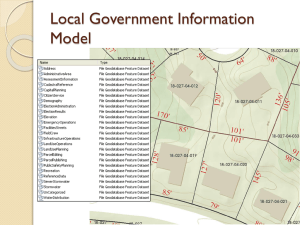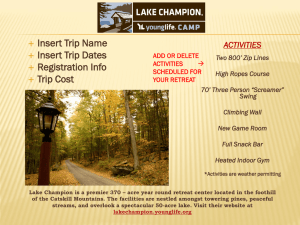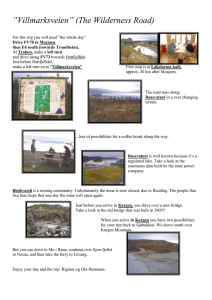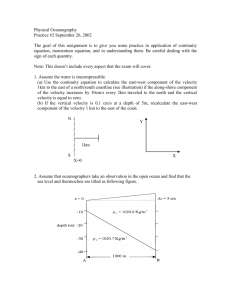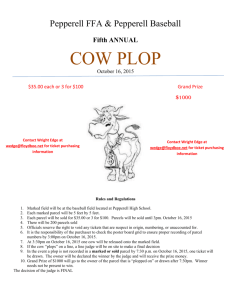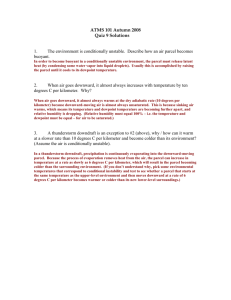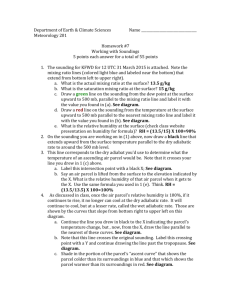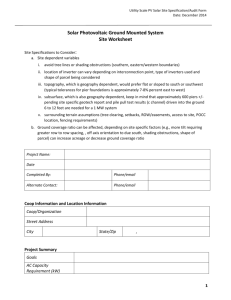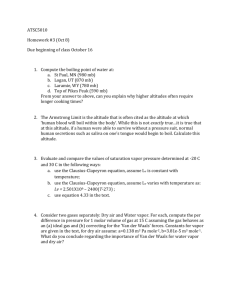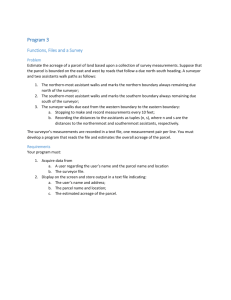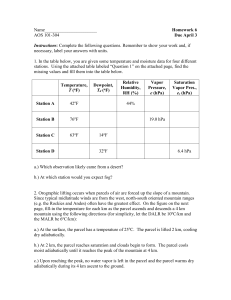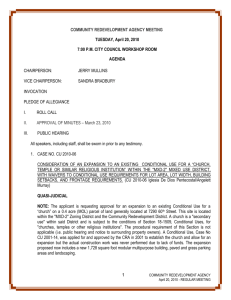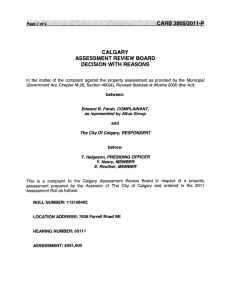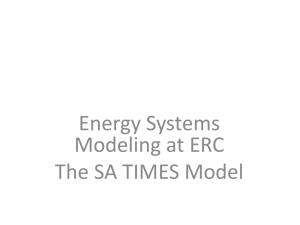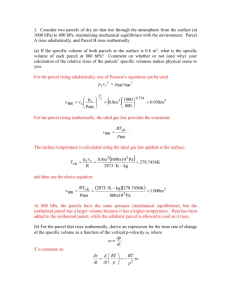Pengjun Zhao - New Zealand Centre for Sustainable Cities
advertisement
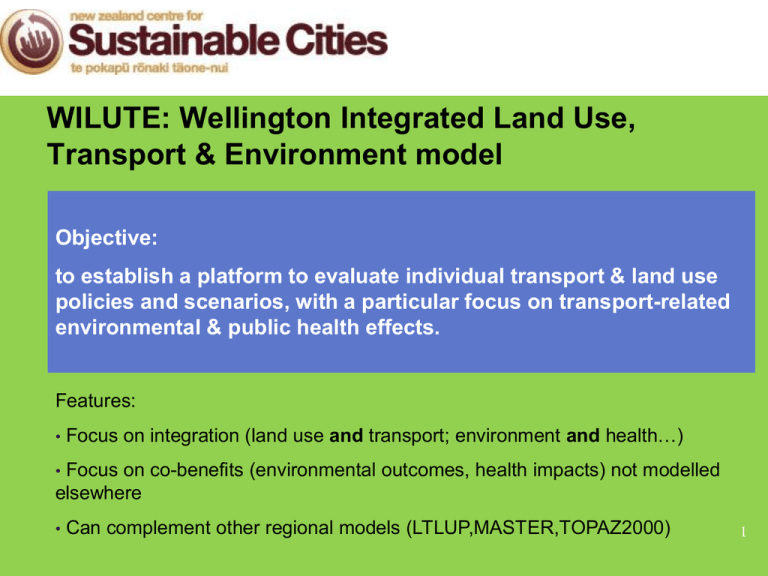
WILUTE: Wellington Integrated Land Use, Transport & Environment model Objective: to establish a platform to evaluate individual transport & land use policies and scenarios, with a particular focus on transport-related environmental & public health effects. Features: • Focus on integration (land use and transport; environment and health…) • Focus on co-benefits (environmental outcomes, health impacts) not modelled elsewhere • Can complement other regional models (LTLUP,MASTER,TOPAZ2000) 1 WILUTE: 4 key questions (to date) 1. How do current and future land use and transport policies affect economic activities and property development in the Wellington Region? 2. How does the development of the transport and land use system affect local air quality and public health in the region? 3. Can new transport infrastructure (e.g. new LRT, new cycling lanes) change the features of current transport modes and promote green transportation? 4. To what extent can transport pricing policies (e.g. car parking, oil price) reduce transport emissions and achieve public health co-benefits? 2 WILUTE: System approach Affordable housing Travel costs Air pollution Transport land use Traffic accidents Health benefits: Walking/Cycling 3 WILUTE: architecture Population and industries growth (sectors and groups) Growth distribution model Regional economic growth model Population and firms space demand and location choice Income and car ownership Trip generation model Transport pricing, oil price and management Trip distribution model Land market model Modal split model land use and housing type Transport network supply Traffic Assignment model Land use and building distribution model accessibility of locations Travel costs (time, fee, fuel) Vehicle and fuel technology Transport and environmental model Walking/Bicycling Air quality and health benefits model Transport energy use and emissions air quality and health benefits 4 WILUTE: Modeling Simulation period 2030 Simulation period 2012, 2013, ... Base year 2011 Population and firms space demand and location choice Trip generation model Trip distribution model land use and housing type Modal split model Traffic Assignment model accessibility of locations Travel costs (time, fee, fuel) Policy interventions Input data: transport, housing, land use, economic activities,... Output results: environment, health, economic activities, social impacts,... 5 WILUTE: GIS based system Land use Economic activities Travel demand Transport networks Traffic loads Link emissions 6 WLUTE: Data scales Area unit level Meshblock level Traffic zones Census data Parcel level Houses and building data 7 WLUTE: Stage 1, Data collection and cleaning Initial approach to data collection Local councils and collect property and parcel databases along with roading/parking Government departments Use open source data (eg LINZ, Koordinates) Issues that arose Christchurch earthquake 2. Data was not consistent across councils in terms of detail and recording methodology 3. Model would be limited to lowest common denominator 1. 8 WLUTE: Stage 1, Data collection and cleaning So now using QV property data linked to parcel data CURRENT WORK Cleaning and developing road network files Linking QV dataset with parcel ID dataset Grouping and simplifying QV dataset Determining landuse split in parent-child arrangements Mapping parking 9
